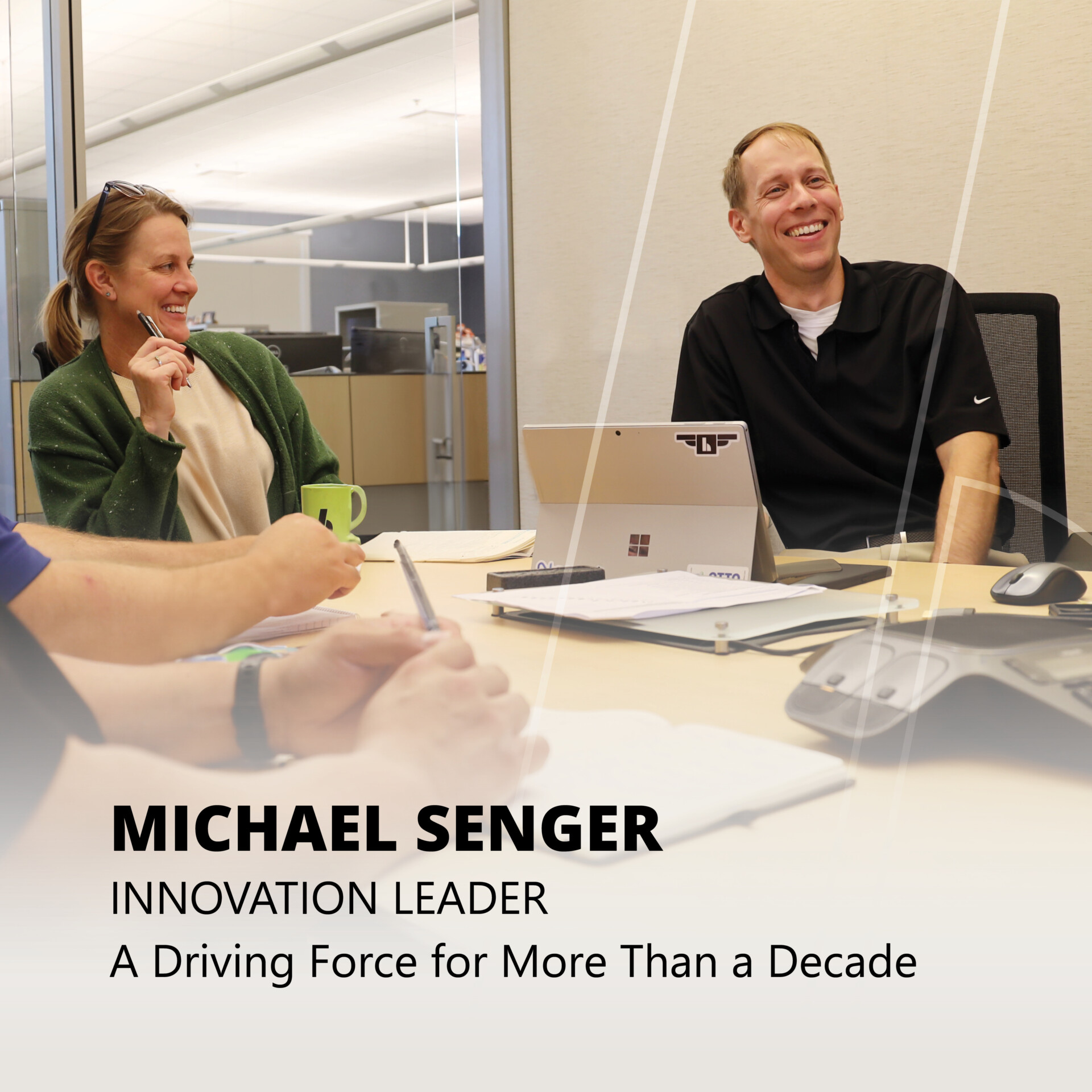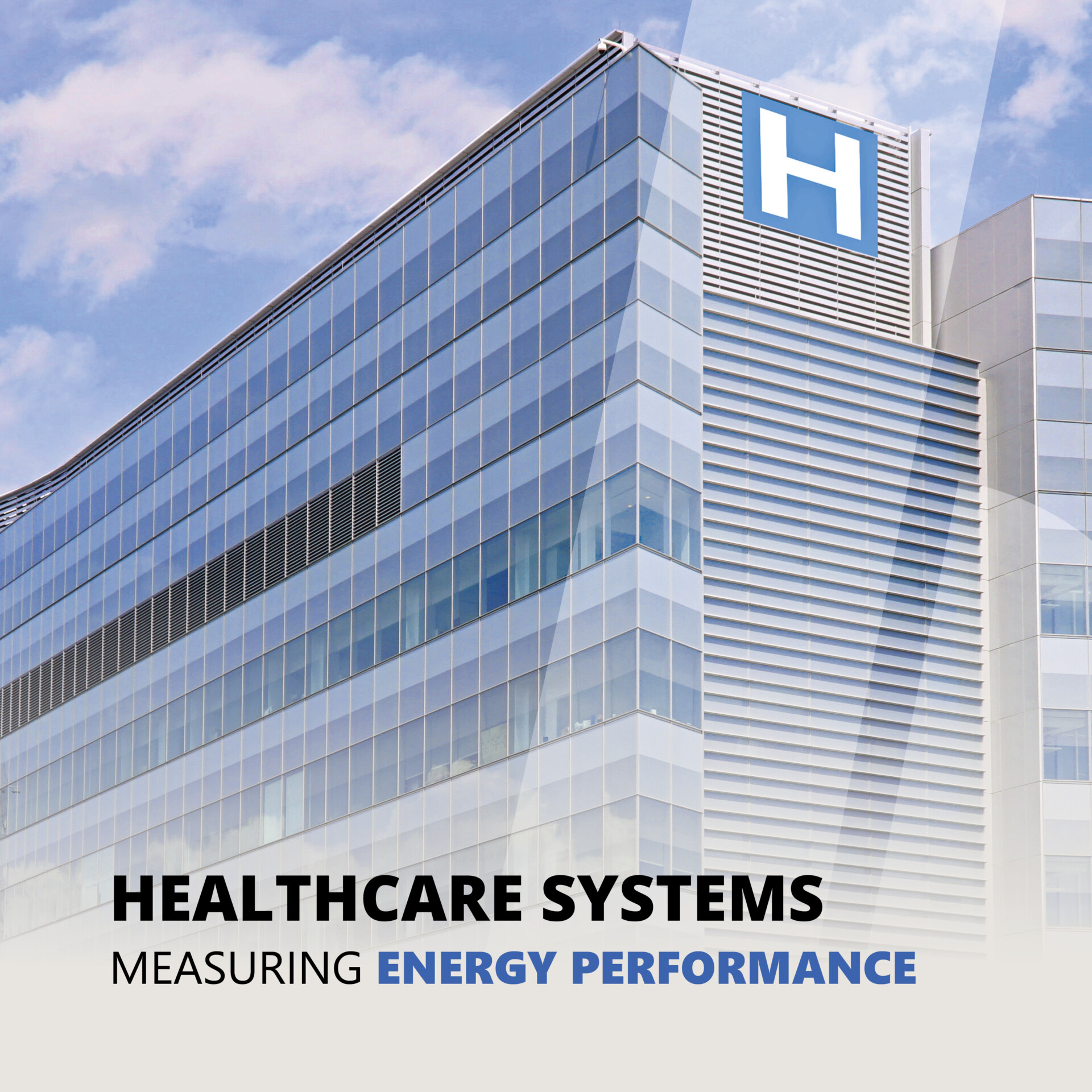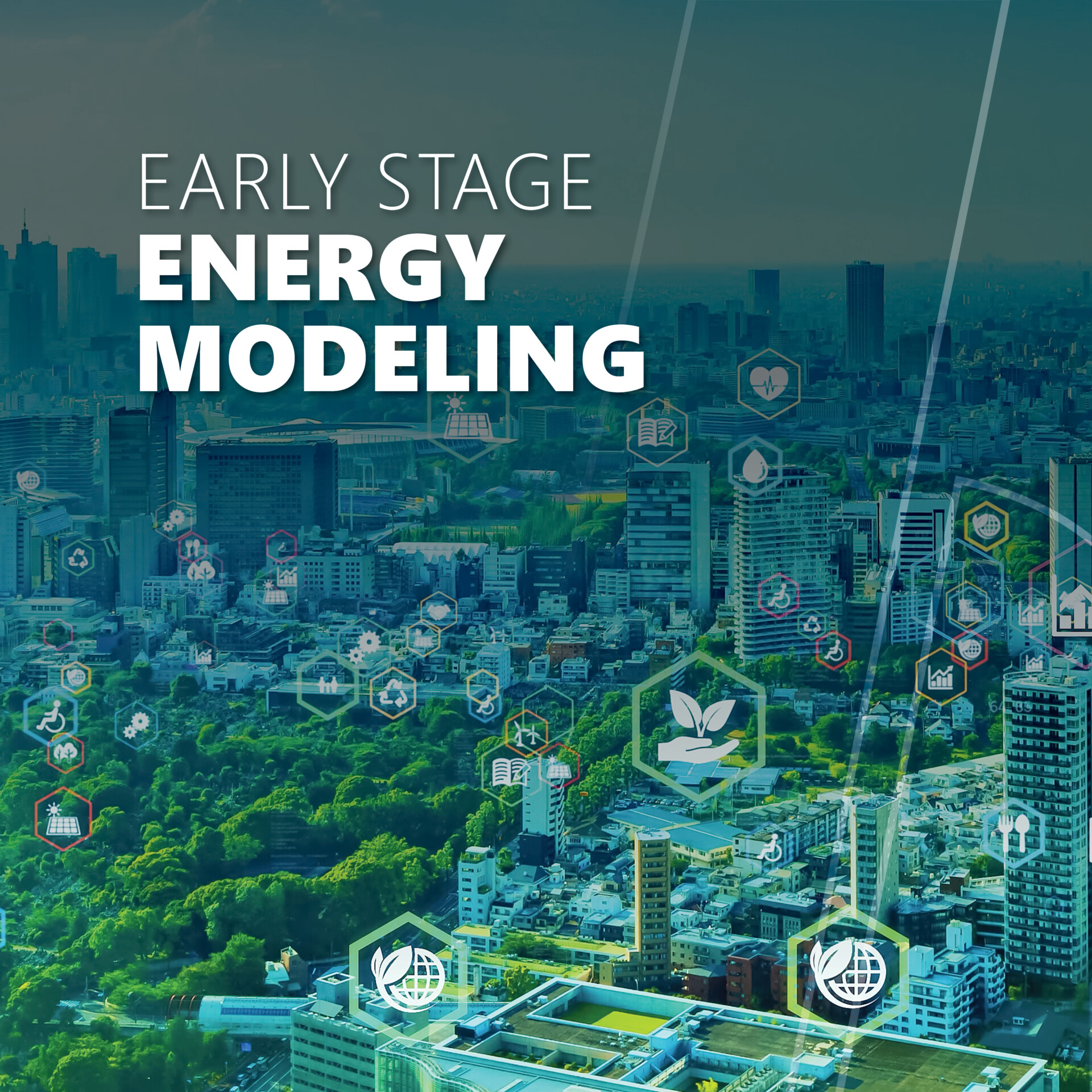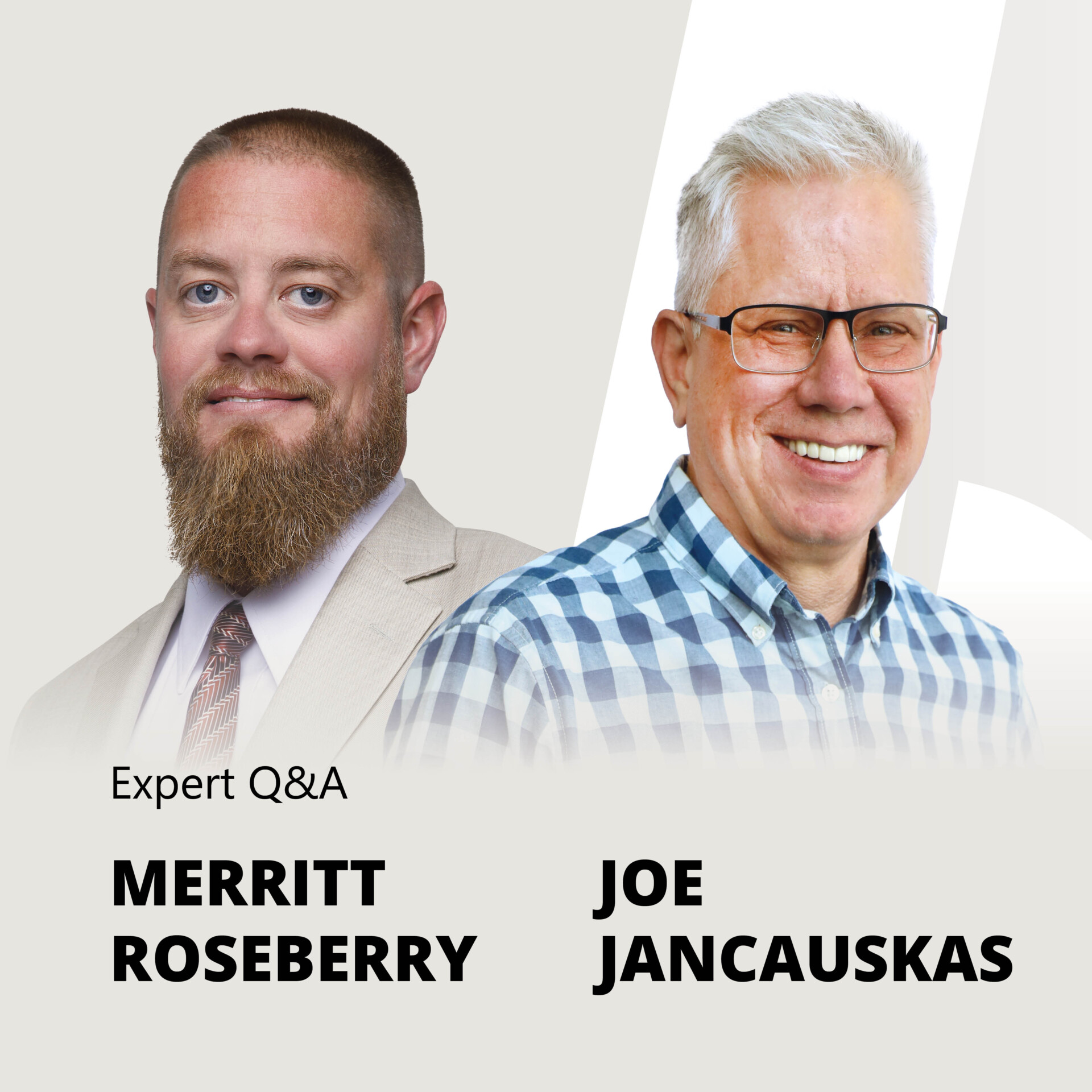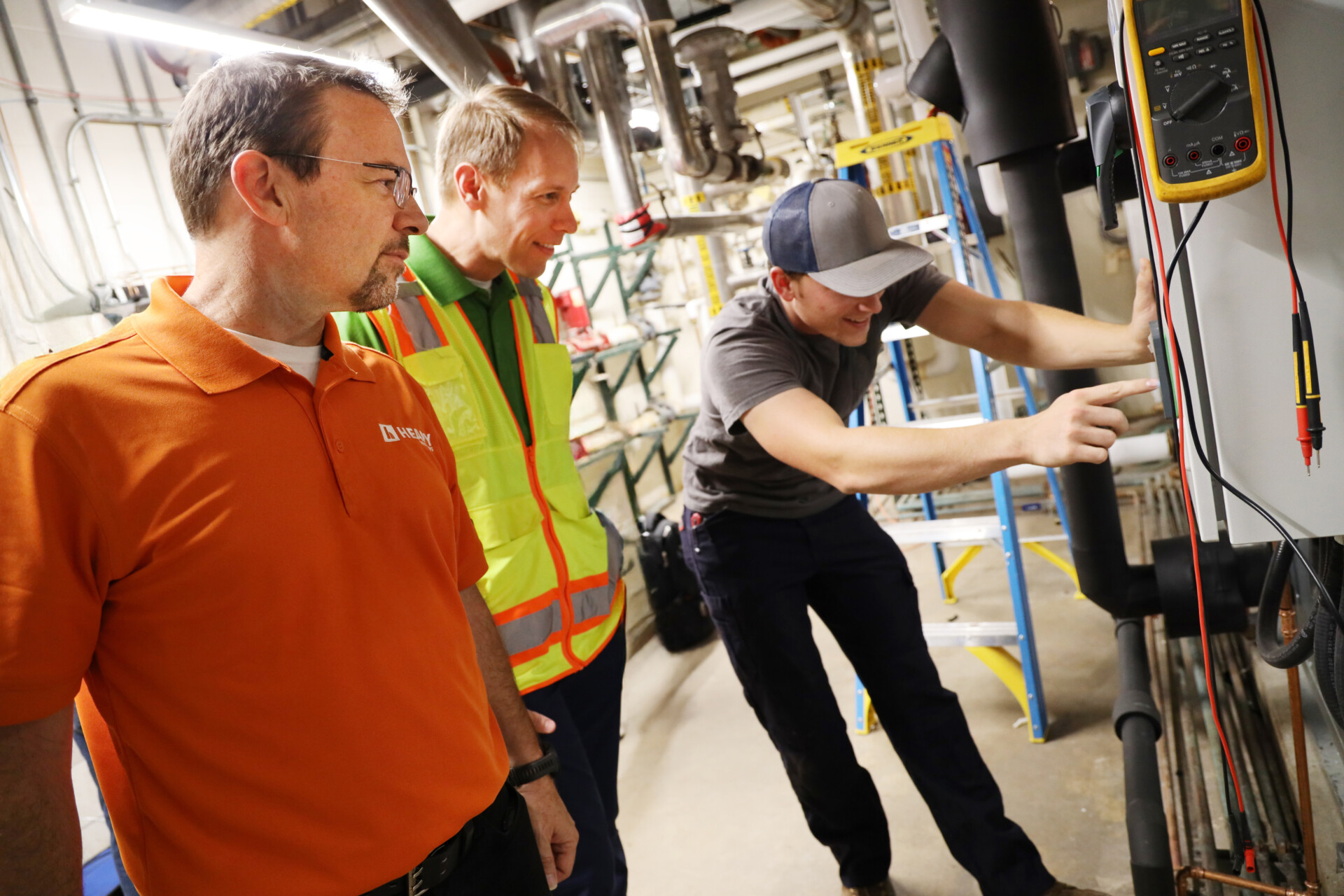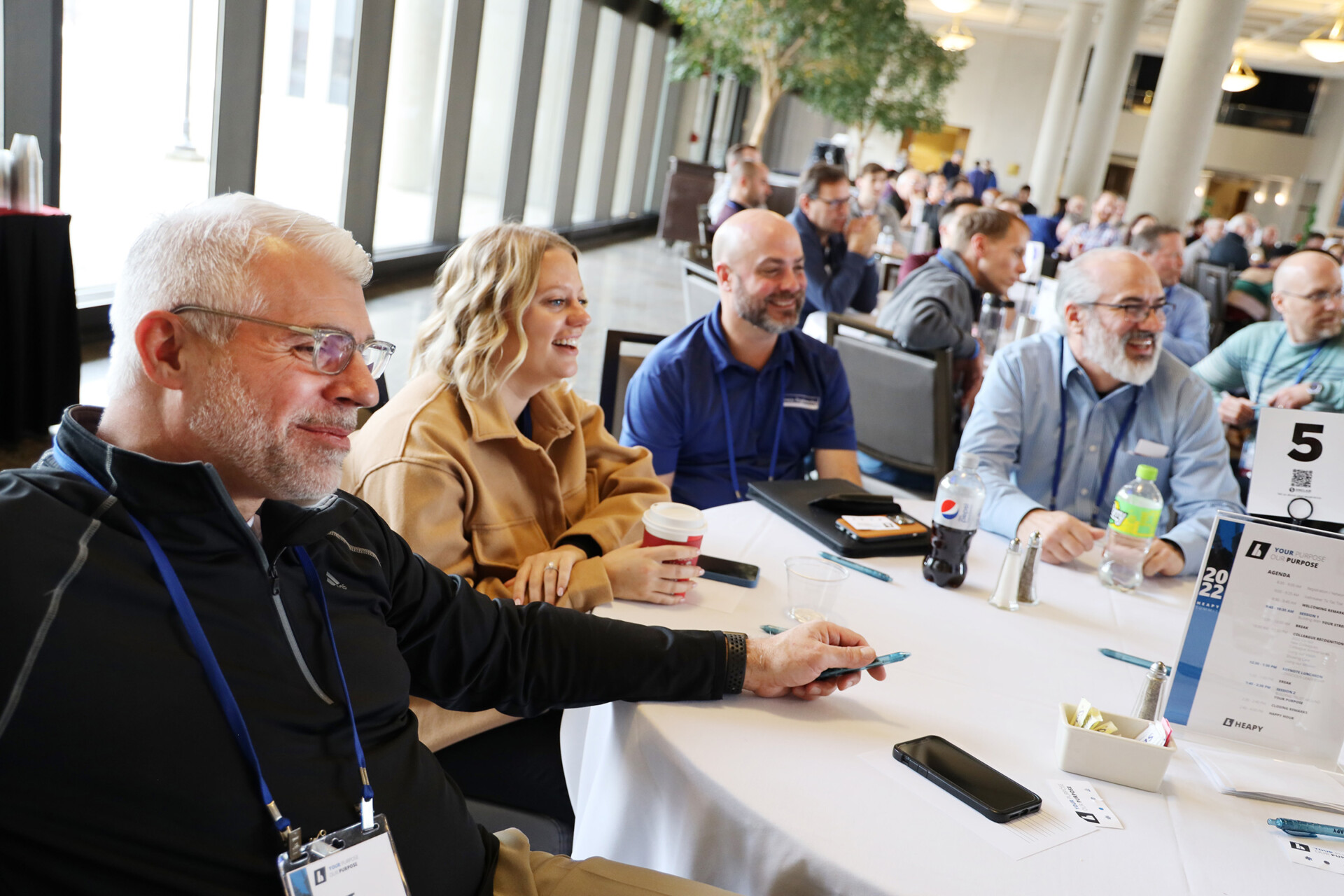In the current climate with COVID-19, an unprecedented number of employees are working from home, leaving our offices and places work primarily empty. Facility managers, maintenance staff, and IT professionals are working remote, or in shifts, to maintain facility operations while following the CDC recommended social distancing best practices. With reduced occupancy, we can reduce our impact on the built environment by following some best practices while maintaining a healthy and resilient facility.
With reduced occupancy, we can reduce our impact on the built environment by following some best practices while maintaining a healthy and resilient facility.
TIP #1
The following items should be considered before you go about setting the entire facility, or areas, to “unoccupied” mode.
- Are alarms on high/low room or zone temperature setup?
- Is there an unoccupied high humidity alarm?
- Do systems enable to maintain an unoccupied humidity set point?
TIP #2
Adjust schedules for equipment to match expected use (system level or terminal zone level) by utilizing a special event, rather than overriding the status or adjusting the master schedules.

TIP #3
If you cannot fully shut off equipment, relax setpoints or enable a stand-by mode in non-critical locations with these parameters.
TIP #4
Be sure to monitor humidity at the room level or at the air handling unit return air sensor. Turning off equipment without regard for indoor humidity can create health concerns and/or lead to building damage.
TIP #5
Utilize an energy management information system (EMIS), or BMS trend data, for building energy meters to learn about your facility energy use.

TIP #6
Upon reopening the facility, here are a few additional items to consider.
- Release any occupancy overrides, or revise to original schedule, 1-2 days before occupants return to allow the proper ventilation and additional circulation within the facility.
- With energy cost avoidance typically returning the investment in less than 1 year, retro-commissioning a two-fold benefit: reviewing existing system performance related to proper ventilation and airflow while maximizing system energy performance.
